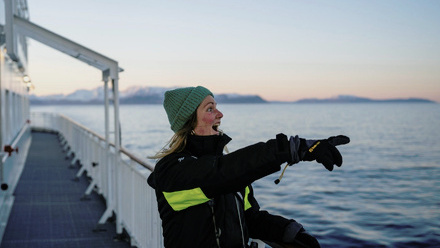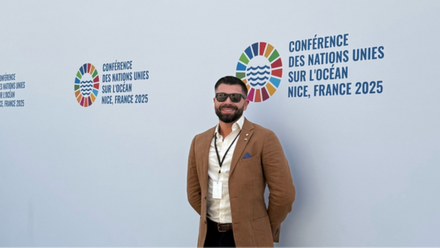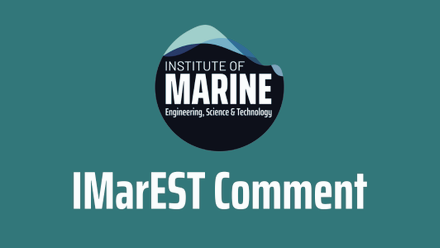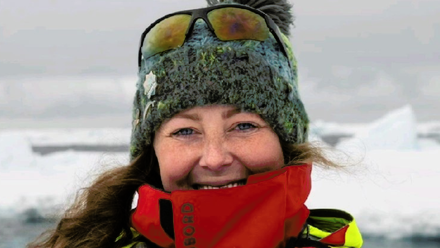IMarEST and Defra Spotlight Breakthroughs in Marine Mammal Monitoring
A new UK government report released today unveils how cutting-edge technology, genetic science, and artificial intelligence are poised to transform marine mammal monitoring and conservation. Developed by the Institute of Marine Engineering, Science & Technology (IMarEST) in collaboration with the Department for Environment, Food and Rural Affairs (Defra), the report outlines the key innovations reshaping this vital field.
Titled Marine Mammal Monitoring: Methods, Technologies, and Opportunities for Innovation, the report draws on the IMarEST’s expert global community to highlight cutting-edge tools and methodologies that are transforming how scientists study and protect whales, dolphins, and other marine mammals. This work is part of Defra’s Marine Natural Capital and Ecosystem Assessment (mNCEA) programme.
Breakthrough developments include the use of drones, passive acoustic monitoring, and thermal imaging, along with game-changing tools such as environmental DNA, satellite and drone imagery analysis. Advances in ‘omics’ — the study of genes, RNA transcripts, proteins, and metabolic products — also show significant promise.
Artificial intelligence (AI) will also play a critical role, enhancing the speed and accuracy of data analysis. While human expertise remains indispensable, AI is now enabling in-situ, real-time detection of marine mammals, vastly improving the capacity to monitor and protect vulnerable populations.
The report emphasises that these innovations are unlocking physiological data that was once thought unattainable, driving a new era in our understanding of marine mammal health and the impacts of human activity. However, it also calls for sustained investment in marine research and data science, in line with the UK Marine Strategy and international frameworks such as the UN Sustainable Development Goals.
Niru Dorrian, project lead at IMarEST, said: “This project celebrates not only technological innovation but also international collaboration and a shared commitment to ocean stewardship. The insights gathered here will help shape the future of marine mammal monitoring and support science-based policy on both national and global scales.”
Defra Chief Scientific Adviser Anjali Goswami said: “It’s great to see our collaborative work produce such positive outcomes. These innovations present opportunities to support the important monitoring of marine mammal health and populations.
“Through these new technologies we can improve our understanding of the human impacts on the mammals in our ocean, and better shape the sustainable management of our seas.
The full report, along with supplementary materials and a searchable database of monitoring technologies, is available now.






